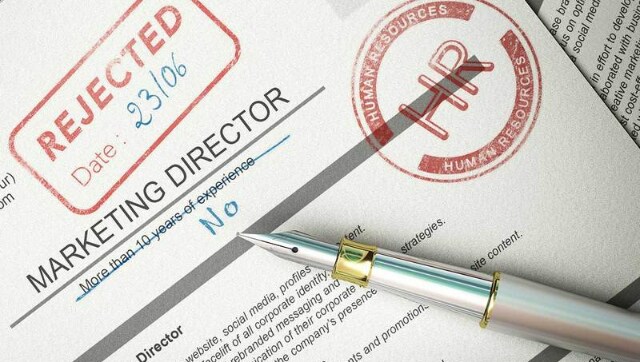EU lawmakers approve plan on bloc's future AI regulation
Although the EU's plans date back to 2021, the draft rules took on greater urgency when ChatGPT exploded onto the scene last year, showing off AI's dizzying advances and possible risks.

EU parliamentarians on Wednesday approved a key article that would serve as the foundation for a future rule governing artificial intelligence systems such as ChatGPT while encouraging technological innovation.
Negotiations on the final law will begin later Wednesday between the European Parliament and the EU’s 27 member countries.
If Brussels hits its ambitious target of reaching an agreement by the end of the year, it would be the world’s first law regulating AI.
Related Articles
Although the EU’s plans date back to 2021, the draft rules took on greater urgency when ChatGPT exploded onto the scene last year, showing off AI’s dizzying advances and possible risks.
There is also growing clamour to regulate AI across the Atlantic, as pressure grows on Western governments to act fast in what some describe as a battle to protect humanity.
While AI proponents hail the technology for how it will transform society, including work, healthcare and creative pursuits, others are worried by its potential to undermine democracy.
There has been a slew of awe-inspiring examples of AI’s uses including a “final Beatles record” created using the technology, while US-based OpenAI’s chatbot ChatGPT has passed business, law and medical exams.
Even if the EU’s ambitious legislative target is achieved, the law would not come into force until 2026 at the earliest, forcing the EU to push for a voluntary interim pact with tech companies.
Accelerate implementation
The law would regulate AI according to the level of risk: the higher the risk to individuals’ rights or health, for example, the greater the systems’ obligations.
The EU’s proposed high-risk list includes AI in critical infrastructure, education, human resources, public order and migration management.
The parliament has added extra conditions to that, before the high-risk classification would be met, including the potential to harm people’s health, safety, rights or the environment.
There are also special requirements for generative AI systems — those such as ChatGPT and DALL-E capable of producing text, images, code, audio and other media — that include informing users that a machine, not a human, produced the content.
Lawmakers also proposed bans on AI systems that use biometric surveillance, emotion recognition and so-called predictive policing.
An MEP spearheading the law in parliament, Brando Benifei, told journalists on Tuesday there are talks to consider whether to accelerate the law’s implementation or to bring in rules earlier for generative AI.
“We could also consider some reduced timing for some of the AI, for example foundation models and generative AI,” Benifei said.
In his reasoning, he pointed to plans by Brussels and the United States to release a common code of conduct on AI to develop standards among democracies.
Lawmakers have hailed their draft law as “historic” and pushed back against critics who say the EU’s plans could harm rather than encourage innovation.
EU internal market commissioner, Thierry Breton, welcomed the vote and insisted “there is no time to lose”.
“AI raises a lot of questions -– socially, ethically, economically. But now is not the time to hit any ‘pause button’,” Breton said. “On the contrary, it is about acting fast and taking responsibility.”
With inputs from AFP.
Read all the Latest News, Trending News, Cricket News, Bollywood News,
India News and Entertainment News here. Follow us on Facebook, Twitter and Instagram.
also read

Planning to get ChatGPT to write your CV? Recruiters may reject you on the spot, finds survey
While AI large language models or LLMs like ChatGPT may be a godsend in some situations, using ChatGPT-like tools to write your resume or CVs may get you rejected immediately by hiring managers and recruiters, a new study has found

AI Hallucinates, Falsely Implicates: Man sues OpenAI after ChatGPT claimed he embezzled money
OpenAI is getting sued in the US, after ChatGPT, its LLM chatbot falsely claimed that a popular radio host from Georgia, US embezzled money from a non-profit organisation. The AI chatbot went further by fabricating entire passages, making stuff up to support its claims

Generative AI can give people 'superpowers', add $4.4 trillion annually to global economy
The report, spanning 68 pages, predicts that half of all work could be automated between 2030 and 2060. This optimistic forecast highlights the economic impact of this rapidly evolving technology


